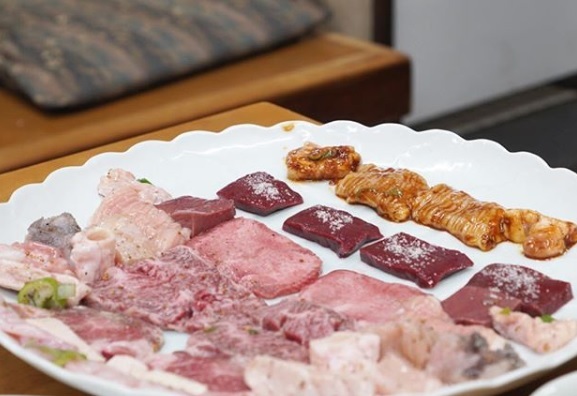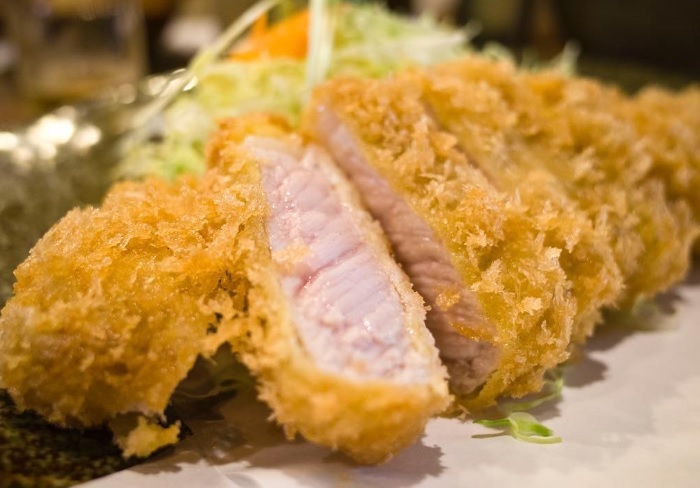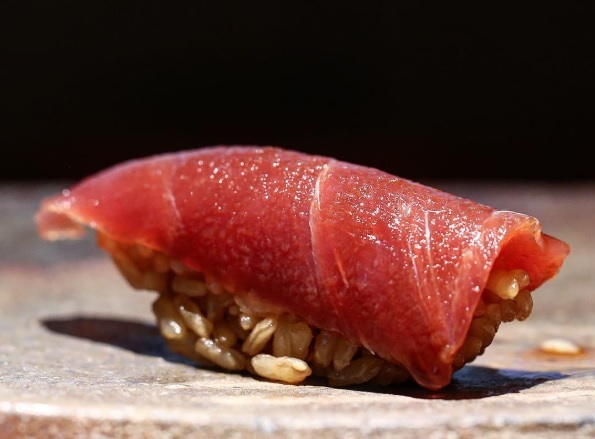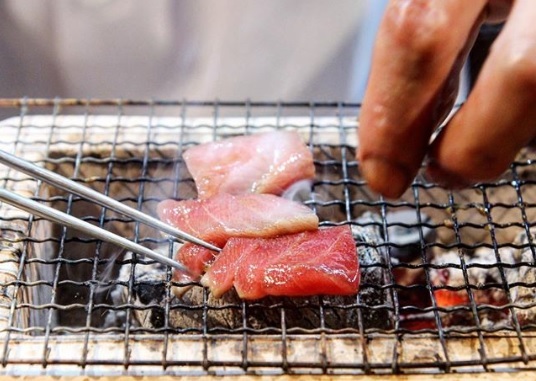What Kind of Beef is Wagyu?
Wagyu is any of a few breeds of cattle native and unique to Japan that has been certified, and there are 4 categories: Japanese Black, Japanese Brown, Japanese Shorthorn, and Japanese Polled.
However, the Japanese Black can be said to be the representative of wagyu, with its distinctive rich flavor, tender texture, and beautiful marbling. Japanese Black wagyu actually makes up around 90% of all wagyu. So it is not wrong to associate wagyu with black-haired wagyu and marbled beef.
Of course, the other 3 breeds of wagyu also each have their own branded beef that are as popular as black-haired wagyu and have their fair share of fans. These 3 breeds are: the Japanese Brown which is also called Red Wagyu, the Japanese Shorthorn which has seen a soaring in its prices as its flavorful lean meat saw a boost in popularity, as well as the Japanese Polled which has dropped dramatically in price and numbers since the emphasis put on marbling and trade liberalization in the late 60s to 70s.
The difference between wagyu and Japanese cattle.
So, what is the difference between wagyu and cattle that have been grown domestically in Japan?
To put it simply, wagyu is any of or crossbreeds between the 4 breeds above, whereas most of the Japanese beef in the market are crossbreeds between black-haired wagyu and dairy cattle like Holsteins. Of course, the main condition is that the cattle are reared for a longer time in Japan than abroad, but this also means that cattle born abroad which satisfy this condition can also be considered Japanese cattle.
On the other hand, wagyu is a special type of cattle that is carefully produced by a selective breeding process. In order to be branded as wagyu, the cattle must pass strict criteria which differs for each brand.
For example, the Japanese Black includes the top 3 branded wagyu, Kobe beef, Matsusaka beef and Ohmi beef, which all have strict criteria in order to be certified. For humans, it is not unlike being born into prestigious families with prominent lineages, receiving elite education, and entering prestigious universities.
Among all these, in the case of Kobe beef, famous for its strict criteria, the cattle must be Tajima cattle, born and processed at slaughterhouses in Hyogo Prefecture, and between 28-60 months of age out of the mere 7,000 Tajima cattle that are certified each year. Females must be heifers, and males castrated, and can only be certified as Kobe beef after clearing detailed criteria like meat quality grading and fat marbling ratio.
By only certifying branded beef that is up to standard, we can trust the quality and enjoy high-quality beef.
Of course, there are more than just the 3 top brands, Matsusaka, Ohmi and Kobe beef. There are many other branded wagyu beef all over the country, with each its own criteria, maintaining good quality by making sure the cattle are fed the best ingredients and raised in the best environments.
Not many people know that there are many high-quality branded beef that are not as famous. These include Yamagata beef, which produce the most number of A5 grade wagyu by the standards of the Japanese Meat Grading Association, as well as Sendai beef, which only includes beef that has a Beef Marbling Score (BMS) of above 8 (this is even stricter than the standards for Matsusaka and Ohmi beef).
Birth parents and foster parents
It is not uncommon for the Japanese livestock industry to divide farmers into 2 main categories due to reasons like cost reduction. Breeder farmers, who mate cattle and sell calves, can be considered the “birth parents”, and fattening farmers, the “foster parents”, will raise these calves as beef cattle and sell them.
However, there are also farmers who insist on the ideal process of personally breeding and raising the cattle despite the hard work, and in that case they will carefully raise wagyu from when they are calves and sell them in a healthy state.
You might also have heard of other examples like small-scale farmers who hand-feed their cattle premium domestically-produced feed one by one and thoroughly maintain and check the health of the cattle, or cattle who are raised listening to music, or even cattle fed dried olive fruit or glutinous rice.
In this way, every farm will produce their own unique cattle feed, and painstakingly raise each and every one of their cattle.
On top of taste, there must also be wagyu that are favored more after hearing about how they are raised and the farmer’s hard work.
Of course, these types of premium wagyu beef which have been painstakingly raised are also highly sought after overseas. However, it seems that there are also cases that wagyu beef eaten outside of Japan is not quite the same.
“The wagyu that I had in Ginza was amazing. It just melted in my mouth! I was absolutely in love.”
A Korean man in his 20s living in America that had previously also studied in Australia highly praised the wagyu he had in Japan a few years ago.
Being a big fan of marbled wagyu beef, he says that even when he chooses to eat wagyu overseas, he has never tasted beef that would melt in his mouth. This probably means that there is a high possibility that the wagyu beef he had at restaurants overseas was wagyu raised in America or Australia.
In other words, this is “wagyu” beef raised outside of Japan that has the lineage of Japanese Black cattle, rather than wagyu beef that has been certified in Japan.
Register account first.
Register










Comments 1
1
Kengo Yamada
Tokyo gourmet emperor/German cars for life/Dan beste, oder nichtsSome informative content a bit different from usual. This time we have summarized an article about "Wagyu" which is popular on a global basis now. If you eat Wagyu after reading this article, delicious Wagyu beef should become even tastier.